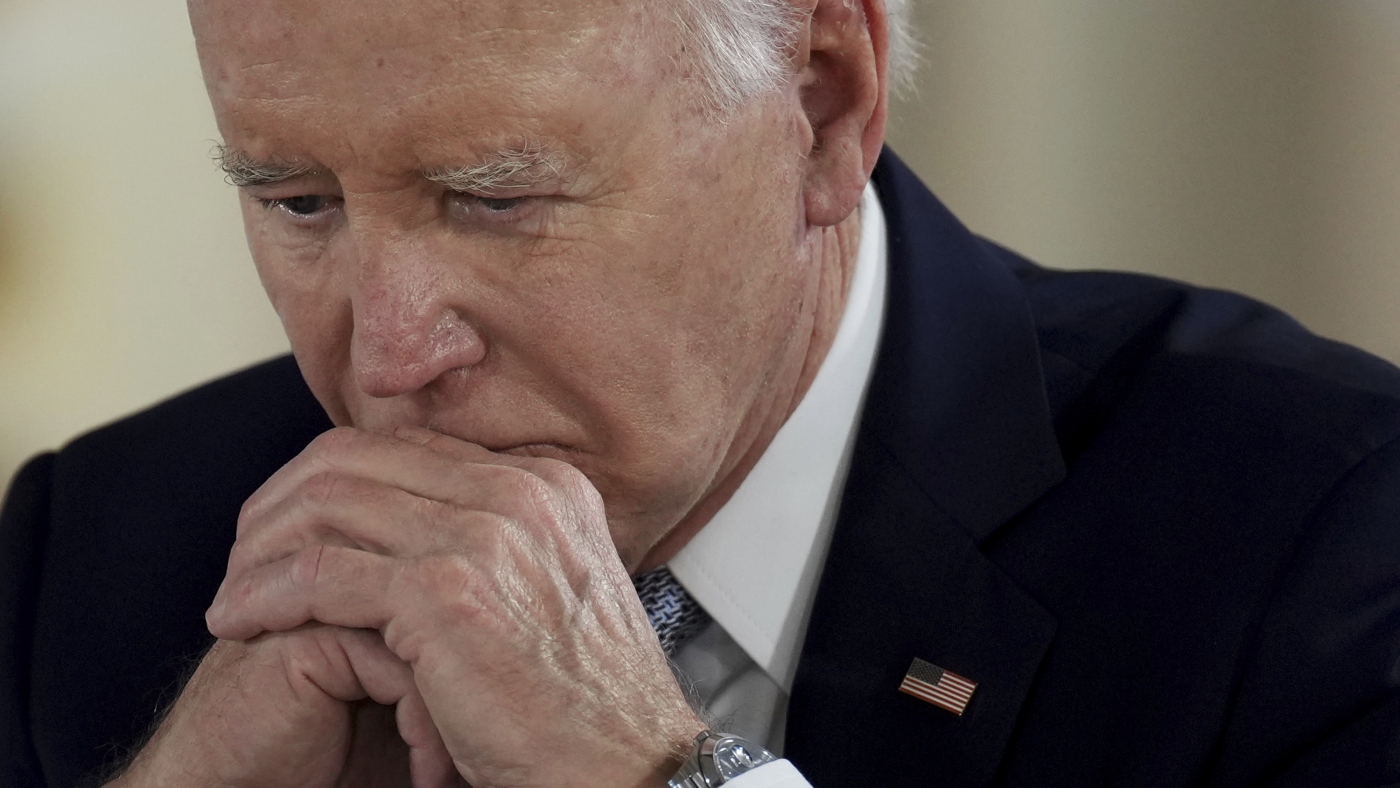Exploring “Original Sin”: An Analytical Dive into Biden’s Decline, the Alleged Cover-Up, and Political Ripples
Introduction: Unveiling the Politics Behind Health and Leadership
The intersection of personal health and public leadership has always been a potent subject in political discourse, but *Original Sin* by Jake Tapper and Alex Thompson thrusts it into sharp relief in the context of President Joe Biden’s current tenure and reelection bid. This investigative work provokes critical examination of not only one individual’s physical and cognitive challenges but the broader political dynamics that shape, obscure, or reveal those realities. Beyond recounting alleged declines and secrecy, the book tackles the ensuing political fallout and what it signals for democratic processes, leadership transparency, and electoral integrity in America.
Biden’s Decline: A Portrait of Vulnerability
Tapper and Thompson portray Biden as confronting notable cognitive and physical deterioration during his presidency—a candid recognition that challenges the traditional image of political vitality. The book recounts specific episodes where Biden loses his train of thought, struggles to recall names or faces, and exhibits signs of physical frailty so serious that aides reportedly entertained the possibility of him using a wheelchair if reelected. This depiction forces a confrontation with the human limits of political office, emphasizing that age and health are not abstract concerns but tangible factors influencing governance.
Moreover, the inclusion of well-known figures like George Clooney in anecdotes about recognition difficulties adds relatable human texture, highlighting the isolation and complexity of leadership under physical and cognitive strain. Such detail pushes readers to not merely judge but understand the multifaceted challenges facing a sitting president.
The Alleged Cover-Up: Protecting Image or Misleading the Public?
The narrative hinges not just on decline but on a calculated effort by Biden’s closest advisors, family, and aides to mask these vulnerabilities—a protective “cover-up” depicted as intentionally misleading the electorate. This raises thorny ethical questions about transparency in democratic leadership. While the instinct to shield a leader from damaging revelations is understandable, the book argues this came at a significant cost: depriving voters of informed choice and distorting the democratic process.
This concealment is cast as an orchestrated, deliberate strategy rather than an unavoidable byproduct of political life. It suggests a prioritization of electoral expediency over honesty, where political operatives balance public image against the realities of a leader’s fitness. Whether viewed as betrayal or pragmatism, this aspect highlights a tension between personal loyalty and public duty, challenging the very foundations of political accountability.
The “Original Sin” of Running Again: Strategic Misstep or Ethical Quandary?
The book assigns a moral and strategic weight to Biden’s decision to run for a second term at 81, framing it as the “original sin” from which subsequent troubles flowed. This label is layered: it critiques not only the personal choice in light of documented health concerns but also the collective decisions by political handlers who enabled this by suppressing internal doubts.
This framing invites reflection on how aging incumbents shape party dynamics and voter perceptions. It suggests that pushing forward despite evident decline imposes risks on party unity, electoral effectiveness, and governance stability. The metaphor of sin cleverly encapsulates the compounded errors of judgment and secrecy, hinting that electoral ambitions compromised broader political and ethical considerations.
Media and Public Responses: A Mirror of Polarization
The release of *Original Sin* sparked a polarized cascade of responses. Conservative factions seized the narrative as validation of long-suspected weaknesses and media complicity, while some Democrats viewed it as a painful but necessary self-critique. Jake Tapper’s own clarifications—asserting no intentional media cover-up but rather journalists misled by restricted information—add nuance, revealing the labyrinthine nature of political information flows.
This complexity underscores how media, often portrayed as a monolith, can itself be fragmented and vulnerable within tightly controlled political environments. It also reflects the challenges journalists face in balancing access with skepticism. Public reactions reveal the deep partisanship shaping interpretation, where the same facts can fuel starkly different narratives about competence, integrity, and trust.
Broader Implications for Governance and Democracy
At its core, *Original Sin* compels a broader dialogue about the intersection of leadership capacity, political transparency, and democratic resilience. The questions it raises are foundational: How should parties vet and support aging leaders? What rights do voters have to candid information about candidates’ health? And how do strategic decisions about image management shape electoral outcomes and governance quality?
The consequences described are tangible: impaired governance, diminished strategic readiness for elections, and increased partisan division. The book also prompts awareness of the human cost of political office, reminding stakeholders to consider the physical and mental strains accompanying leadership, especially amid intense partisan scrutiny.
Conclusion: A Cautionary Tale on Leadership and Democratic Trust
*Original Sin* stands as a compelling, if unsettling, meditation on the fragility of leadership and democracy itself. By laying bare the alleged decline, cover-up, and political fallout surrounding President Biden’s reelection, Tapper and Thompson highlight the profound stakes involved when the health and transparency of public figures are obscured. The narrative transcends partisanship to prompt urgent reflection on loyalty, honesty, and accountability in public life.
As a document of a fraught political era, the book warns against the costs of denial and secrecy, emphasizing that democratic vitality hinges not only on strong leaders but on an informed electorate and a vigilant, transparent political process. It leaves readers with a lasting impression: the true price of “original sins” in politics is paid by the public’s trust and the health of the republic itself.
—
Sharpen your political analysis and writing with expert editing tailored for deep dives like your *Original Sin* report—Learn more











